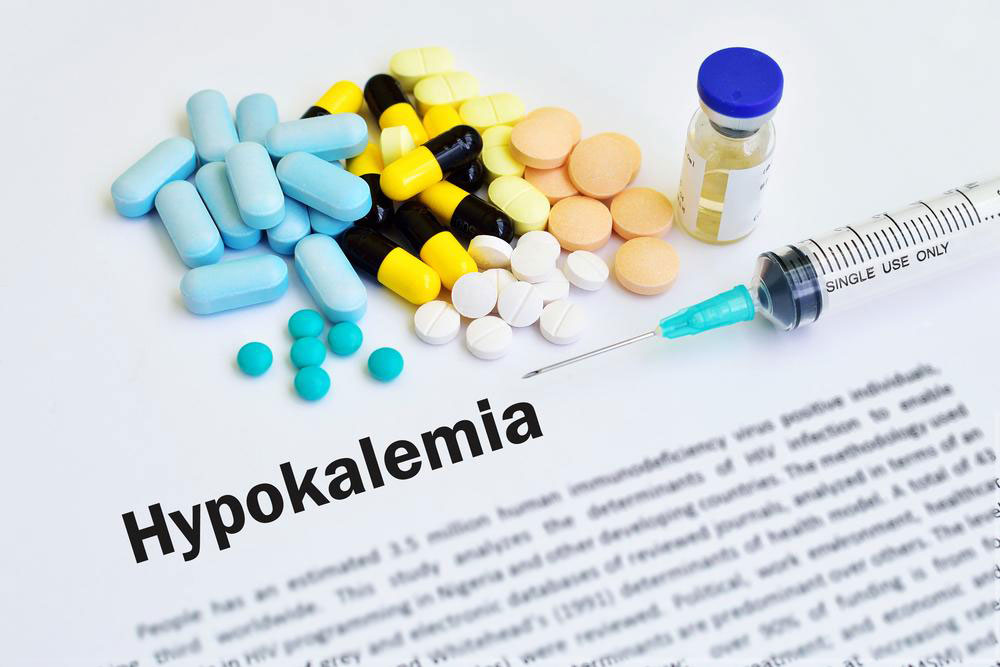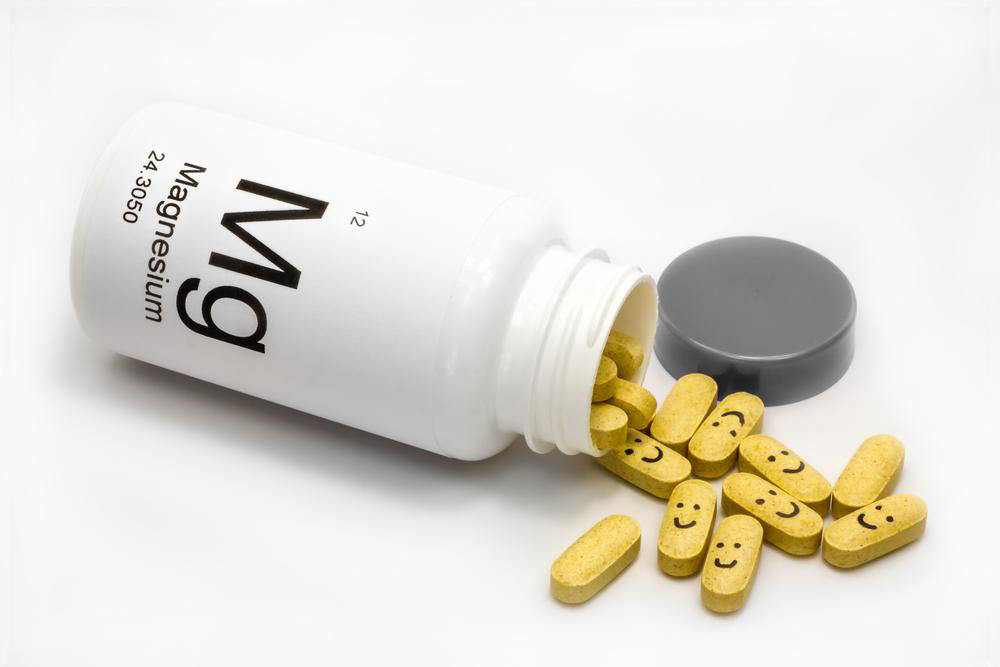Hypokalemia – what you should know
A potassium deficiency leads to a condition called hypokalemia. The normal serum potassium level ranges between 3.5 to 5.0 mEq/liter. While the normal daily intake of potassium is 70-100 mEq, the kidneys should remove the same amount consumed every day or it could lead to low potassium in the body.
Function of potassium
Potassium is essential for nerve and muscle cell functioning and is concentrated within cells of the body.

Signs of low potassium
- Muscle weakness
- Muscle aches
- Muscle cramps
- Heart palpitations
- High blood pressure
- Kidney problems
- Constipation
Since potassium levels affect the energy by neuromuscular cells, these symptoms are a result of insufficient potassium. It occurs when the cells do not get enough energy to repolarize and fire at normal repeated intervals.
Treatment approaches
More often than not, low potassium is a symptom or side effect of other medical conditions or certain medications. You may also lose potassium through excessive sweat, urine, or bowel movements. Moreover, a low intake of potassium leads to low magnesium levels in the body.
Treatment is decided after careful diagnosis by a professional who assesses other causes of this loss. If it is simply because of insufficient intake of potassium, supplements can be prescribed; however, in severe cases, this electrolyte is intravenously admitted in the body.
If you continue to experience the symptoms, it is advised that you take immediate medical assistance and get a proper diagnosis to start the right course of treatment.
Diet and nutrition
Potassium enters the body through the food you eat, so it is vital that you get the daily recommended nutrition. There are some efforts that can be taken at an individual level to ensure you do not suffer from low potassium syndrome.
There are certain foods that have high potassium, such as bananas, tomatoes, oranges, cantaloupes, and peaches. If you are not a fruit person, you can always look for smoothie recipes that taste delicious and also have the nutritional benefits your body requires.
Vegetables that hare high in beta-carotene are also known to have high potassium. So, you can consider adding beans, broccoli, brussels sprouts, lentils, mushrooms, spinach, and zucchinis to your diet.
Another great source of potassium is fish. Sardines and salmon are known to have plenty of it. There are some great and easy recipes to make these to help your health.
While eating too much meat is never recommended, chicken is a good source of potassium and can be consumed. You can add your vegetables to it to make it a healthy option.
Diet plays an important role in ensuring you stay healthy and fit. There is a dietary guideline which suggests having half of a plate of fruits and the other of vegetables, as it ensures more fiber and nutrients. If you are someone who enjoys meat, then choose a variety of lean proteins rather than red meat. Before making any changes to your diet, consult your doctor and keep them updated so that the body’s responses are noted.




